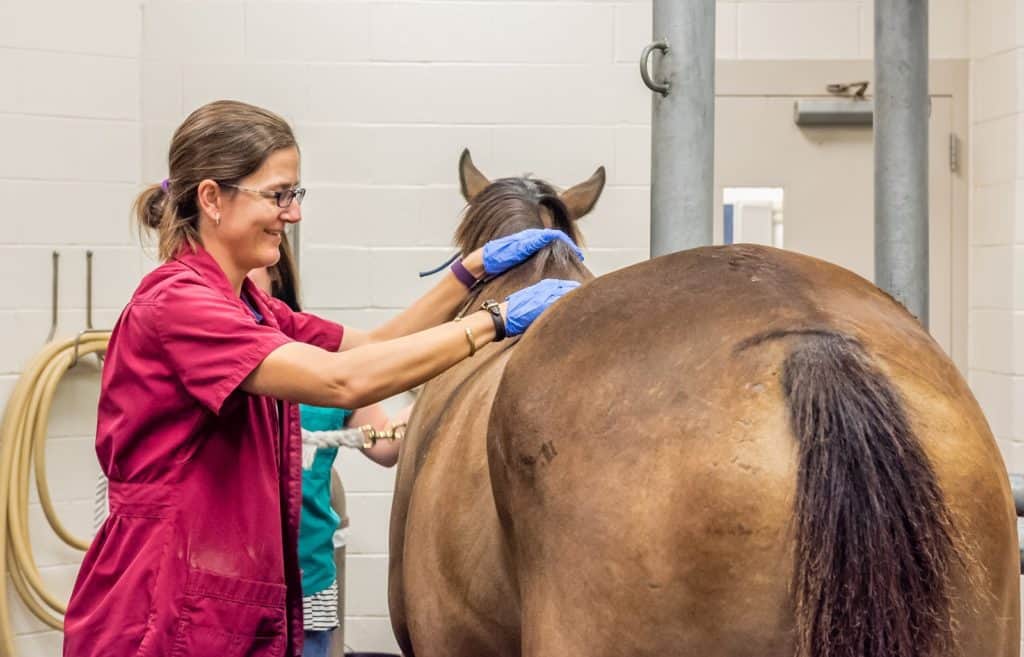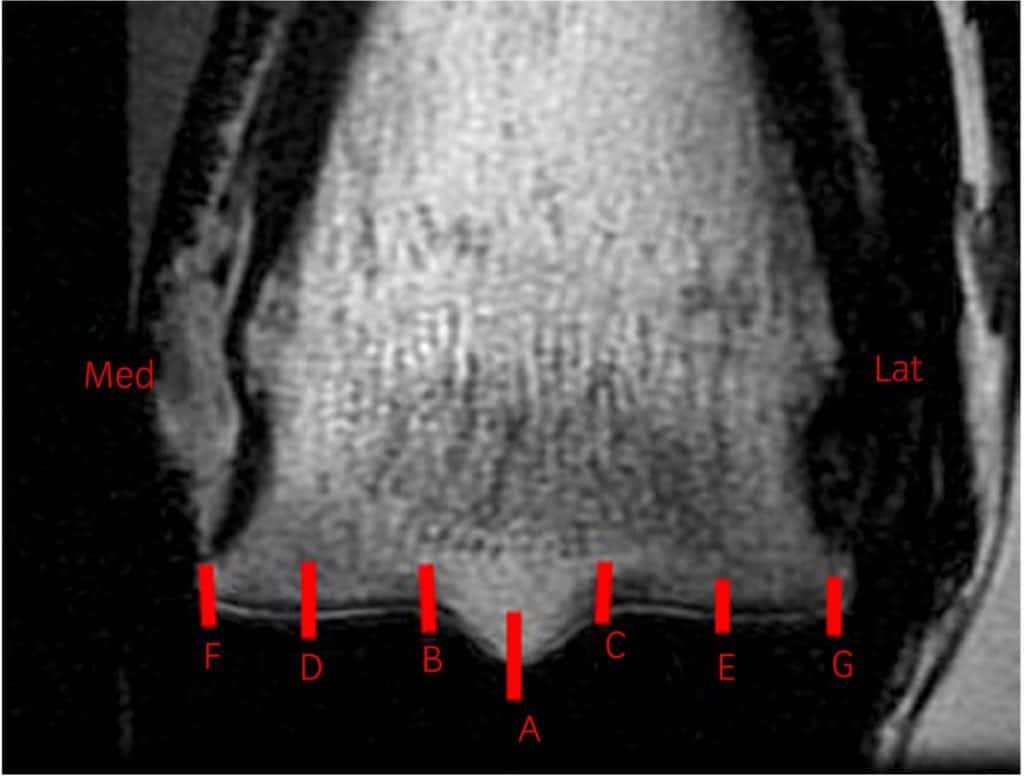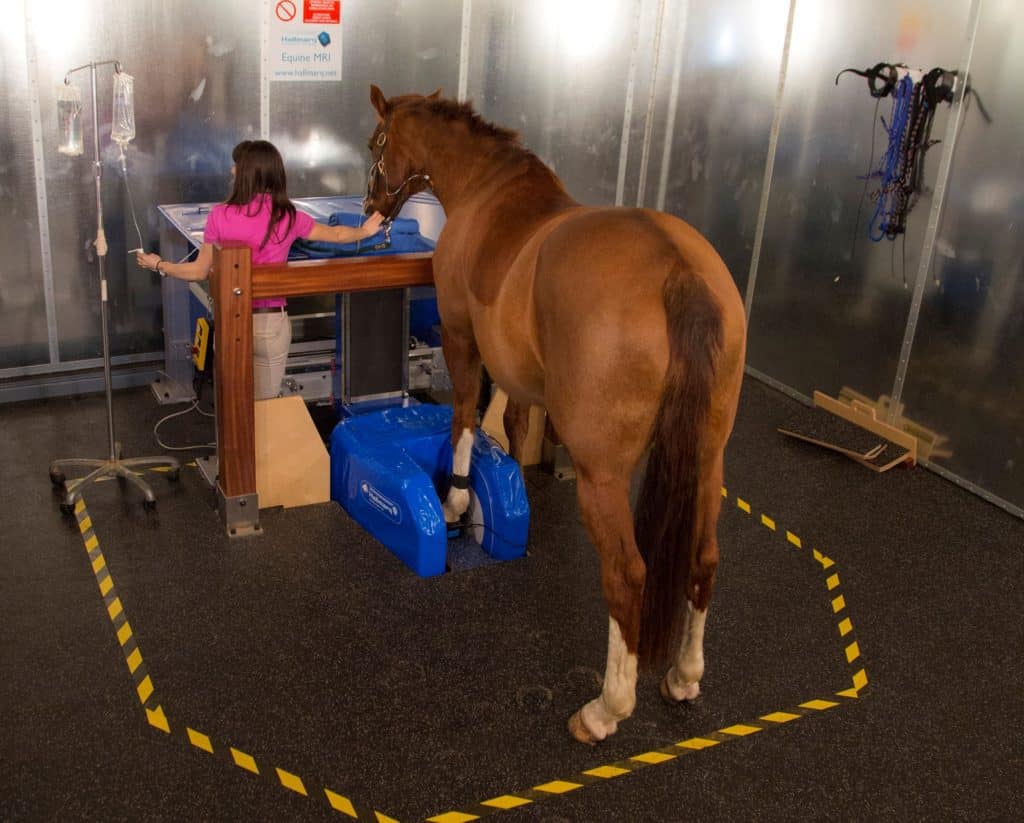
Scientists Study Segmented Navicular Bones
Some horses’ navicular bones segmented into two or three parts, which can be detrimental to health and welfare.

Some horses’ navicular bones segmented into two or three parts, which can be detrimental to health and welfare.

Researchers are making steady progress toward understanding catastrophic fractures and, ultimately, how to prevent them.

Ashley Wagner-Wells’ research focused on equine protein metabolism and skeletal muscle physiology.

Do you have a mature or senior horse? Find out how to keep him comfortable and competitive as he ages!

Researchers believe the tested supplements could help reduce the joint inflammation that can lead to osteoarthritis.

Researchers found that jumping at shows two weekends in a row did not allow horses adequate muscle recovery.
Lecture topics will include neurologic and orthopedic problems, imaging techniques, and treatment and rehab options.

Horses consuming the supplement following joint injections were less lame than control horses, researchers found.

Drs. Tim Parkin and Sarah Plevin describe studies focused on predicting injury before it occurs.

Bone turnover in horses rested after intense training was better than in those in consistent intense work.

Many elements must remain within a normal range for a horse’s mouth to stay healthy.

Look for educational articles and social media posts on keeping equine joints and bone healthy, Oct. 9-15.

Researchers found that standing MRI is effective for viewing the difficult-to-image ligaments in the horse’s lower legs.
Dr. Norm Ducharme will speak on various upper airway issues, current research, and emerging diagnostics and treatments.

The incidence of Lyme NB appears low, but this could be, in part, due to the lack of a gold-standard ante-mortem test.

Parvathy Thampi is investigating the mechanisms that limit joint cartilage’s ability to repair.
Stay on top of the most recent Horse Health news with
"*" indicates required fields